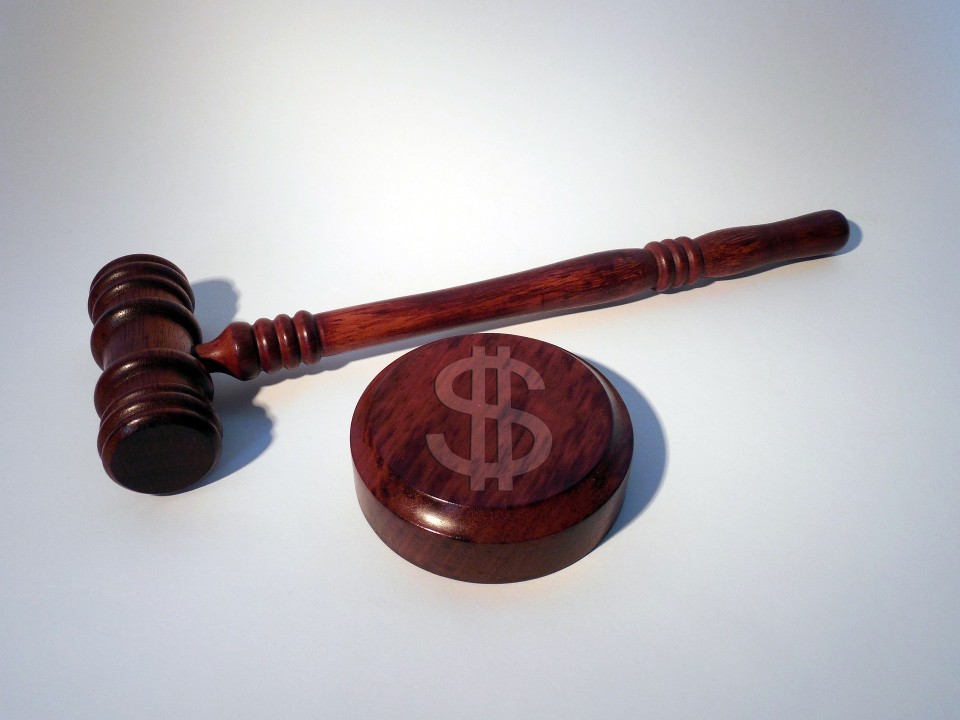
Motions for new trial are seldom granted. So seldom, in fact, that many attorneys — and judges, too — don't even know what to do when it happens. For example, a plaintiff has a right to a jury trial, and that includes a right to have the jury determine the amount of damages. So what happens when the judge, in ruling on a new trial motions, decides the jury's award was way too high and a remittitur (reduction of the award) is appropriate? How may the judge reduce the jury's award consistent with the plaintiff's right to a jury trial?
That is the situation that arose in Duncan v. Kihagi (D1d1 Aug. 9, 2021) no. A153521 (nonpub. opn.). Following trial in a slumlord lawsuit, the tenant received a verdict of $3.5 million (after a statutory trebling of damages). On the landlord's new trial motion, the judge agreed the verdict should be reduced to $2.7 million. The Court of Appeal explained the procedure for reducing jury verdicts, and even though the judge failed to follow that procedure completely, the court affirmed anyway.
A court has the authority to reduce an award when it is unconstitutionally excessive. (Gober v. Ralphs Grocery Co. (2006) 137 Cal.App.4th 204, 214. See also Hale v. Morgan (1978) 22 Cal.3d 388, 404.) But Code of Civil Procedure section 662.5(a)(2) provides that, when the trial judge contemplates reducing a jury's verdict, the proper procedure is to issue an order granting a new trial, but conditioned on the plaintiff's consent to the reduction of damages.
(Note that this remittitur procedure does not apply in bench trials, where the constitutional right to a jury trial is not implicated. See [Code Civ. Proc., § 662](https://leginfo.legislature.ca.gov/faces/codes_displaySection.xhtml?lawCode=CCP§ionNum=662.).)
Here, the trial judge denied the motion but went ahead and reduced the damages in the judgment without giving the plaintiff an opportunity to accept the reduction.
The trial court did ask the plaintiff before the hearing if, hypothetically, the court wanted to reduce the judgment, would the plaintiff be ok with that? And at the hearing, the plaintiff said it would be ok with that.
The Court of Appeal apparently thought that was close enough. "[T]though the trial court should have followed the remittitur procedure set forth in section 662.5, we cannot conclude that its reduction of damages was improper."